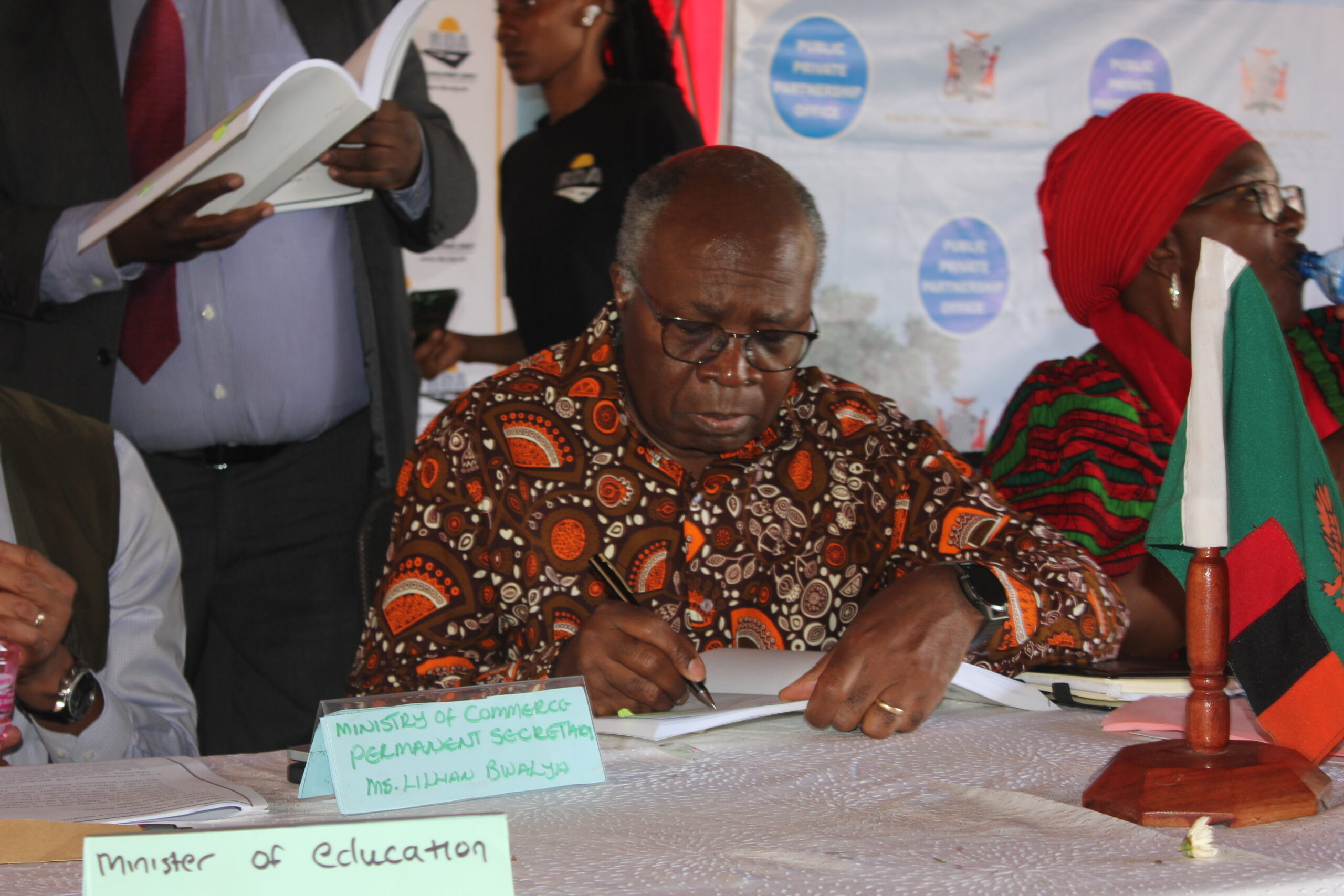Zambia is cancelling more than $2 billion worth of projects financed by commercial loans to reduce the risk of accumulating more non-concessional debt, the ministry of finance said.
In 2020, Zambia became the first nation to default in the COVID-19 era. At the end of 2021, its external debt stood at $17.27 billion, of which China held $5.78 billion, and it is in negotiations with creditors and the International Monetary Fund (IMF) to lift itself out of this debt hole.
Zambia was in the process of cancelling projects worth an estimated $2.1 billion, the medium-term budget plan published by the ministry of finance late on Saturday showed, although it gave no details.
A treasury spokesperson did not immediately respond to a request for a breakdown.
Zambia’s economic growth in 2022 is expected to slow down to 3.1% from 3.6% recorded in 2021 mainly due to the expected reduced output from the agricultural sector.
The economy of Africa’s second-largest copper producer is forecast to grow 4%, 4.1% and 4.4% in 2023, 2024 and 2025, respectively, the ministry’s plan showed.
The decision to axe the projects is part of a broader debt-restructuring process, it said, adding that it expected bilateral creditors would provide adequate financing assurances for approval of an IMF programme being discussed.
The government was also in the process of changing the law to increase parliamentary oversight on borrowing, it said.
The 2023-2025 medium term macroeconomic objectives also include keeping inflation down in single digits, averaging 9.2% in 2023, 8.2% in 2024 and 7.3% in 2025, it said.
The government also plans to maintain reserves at three months’ worth of import cover, it said.








